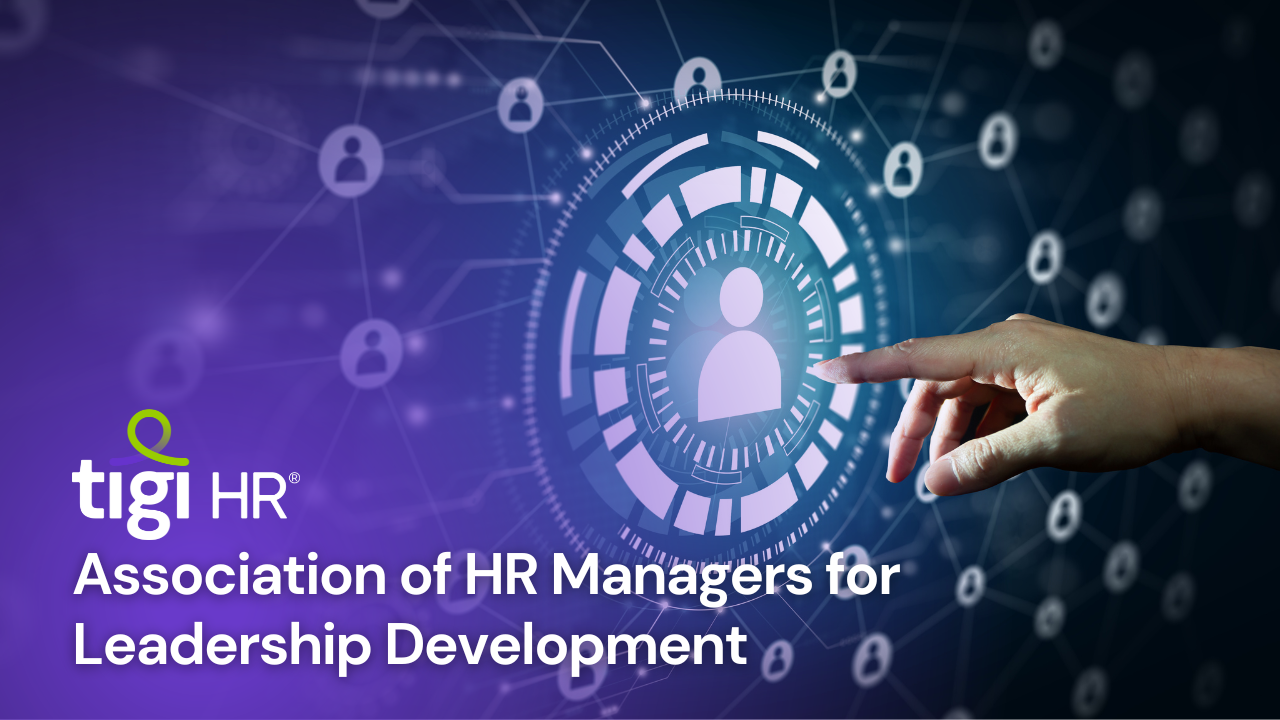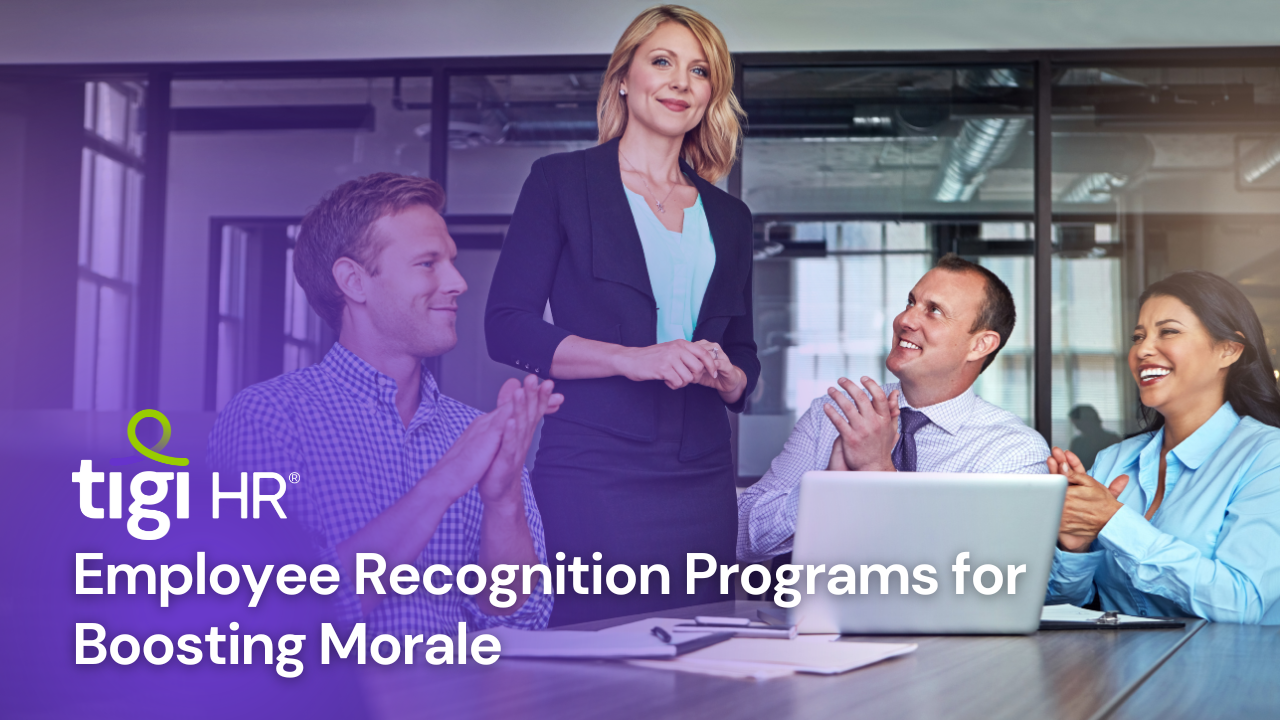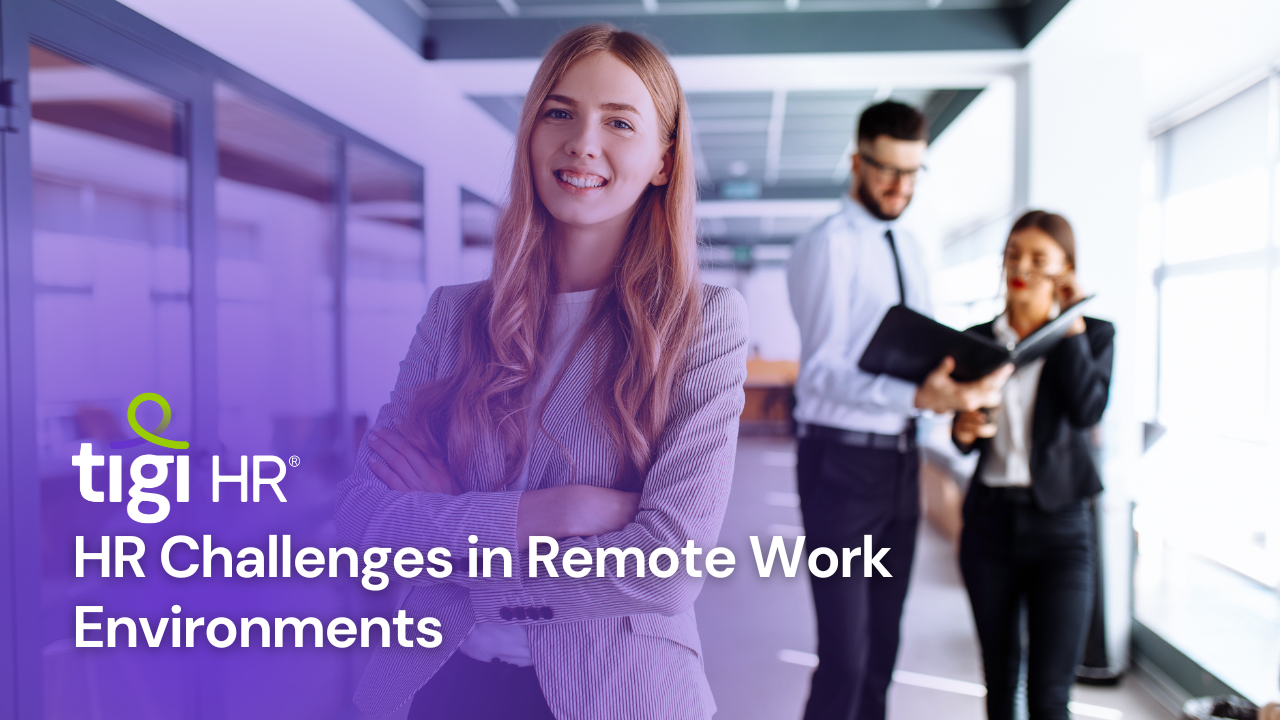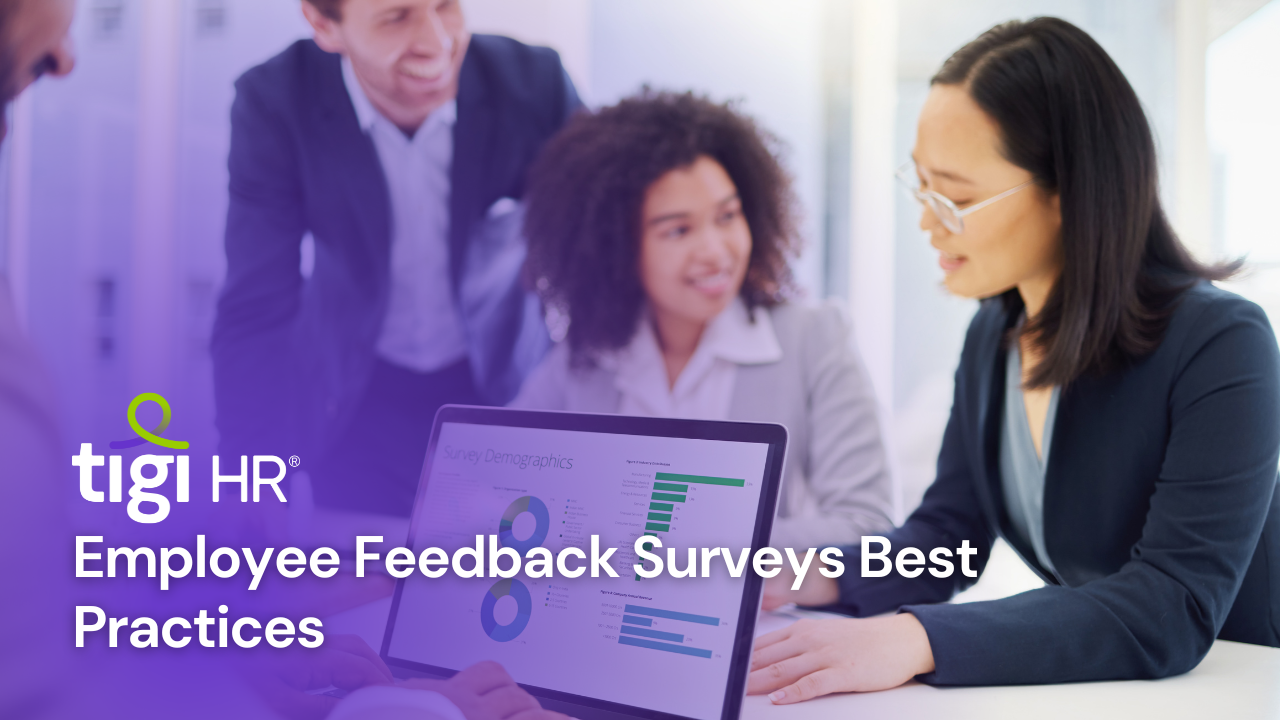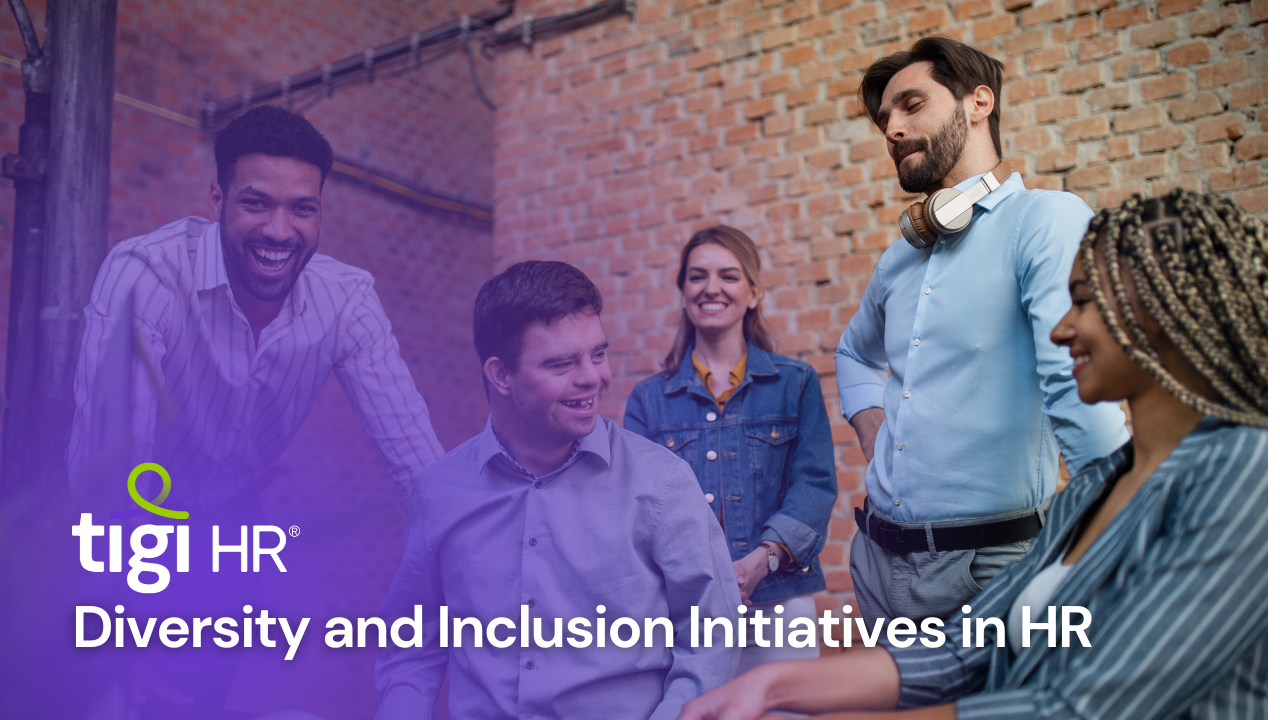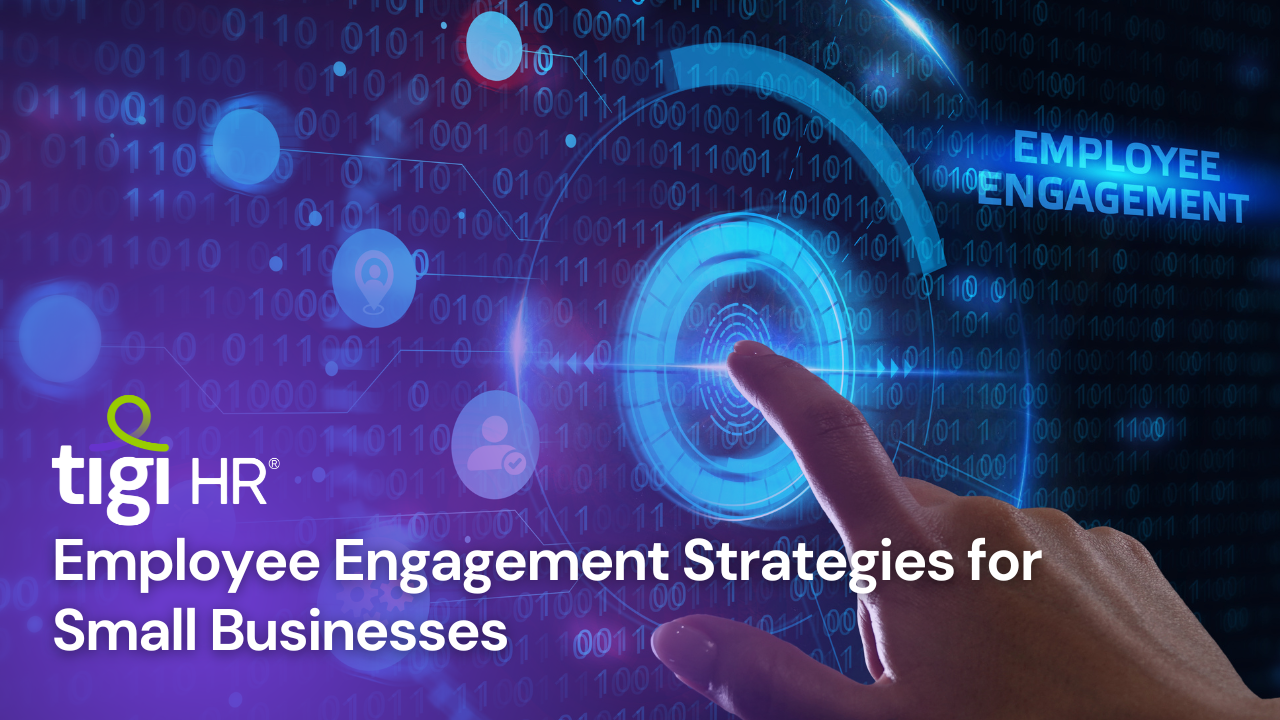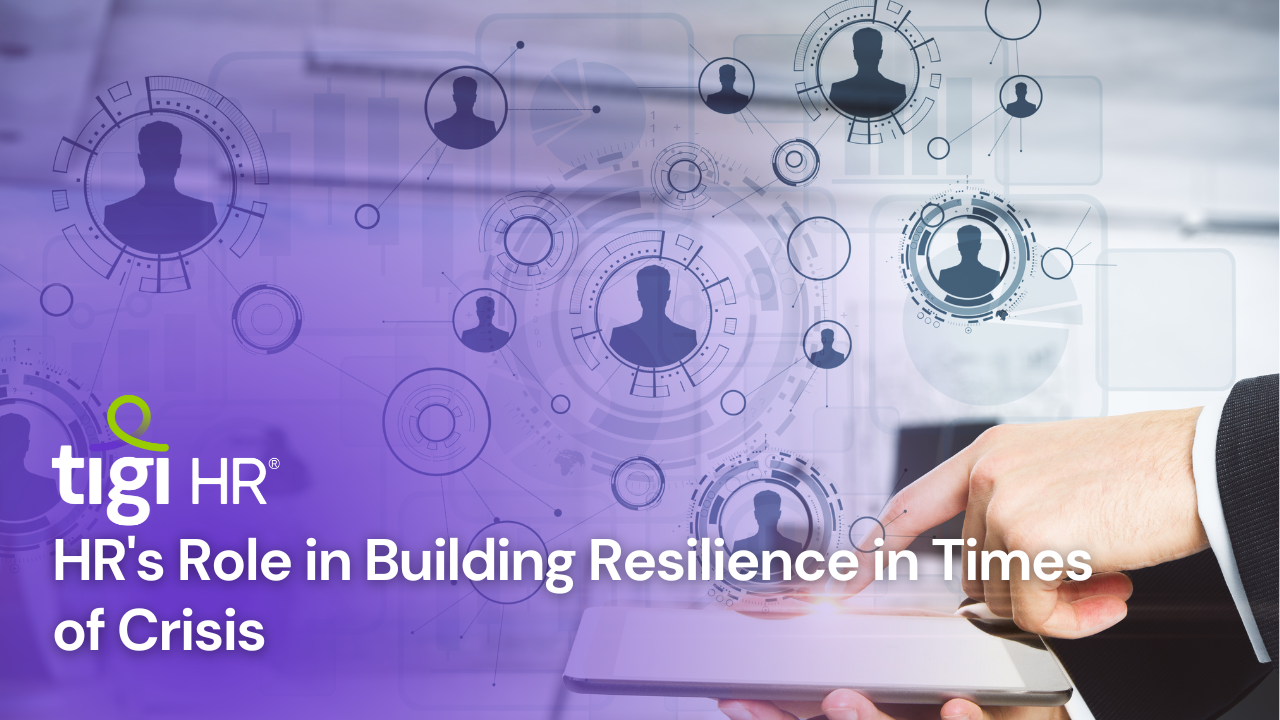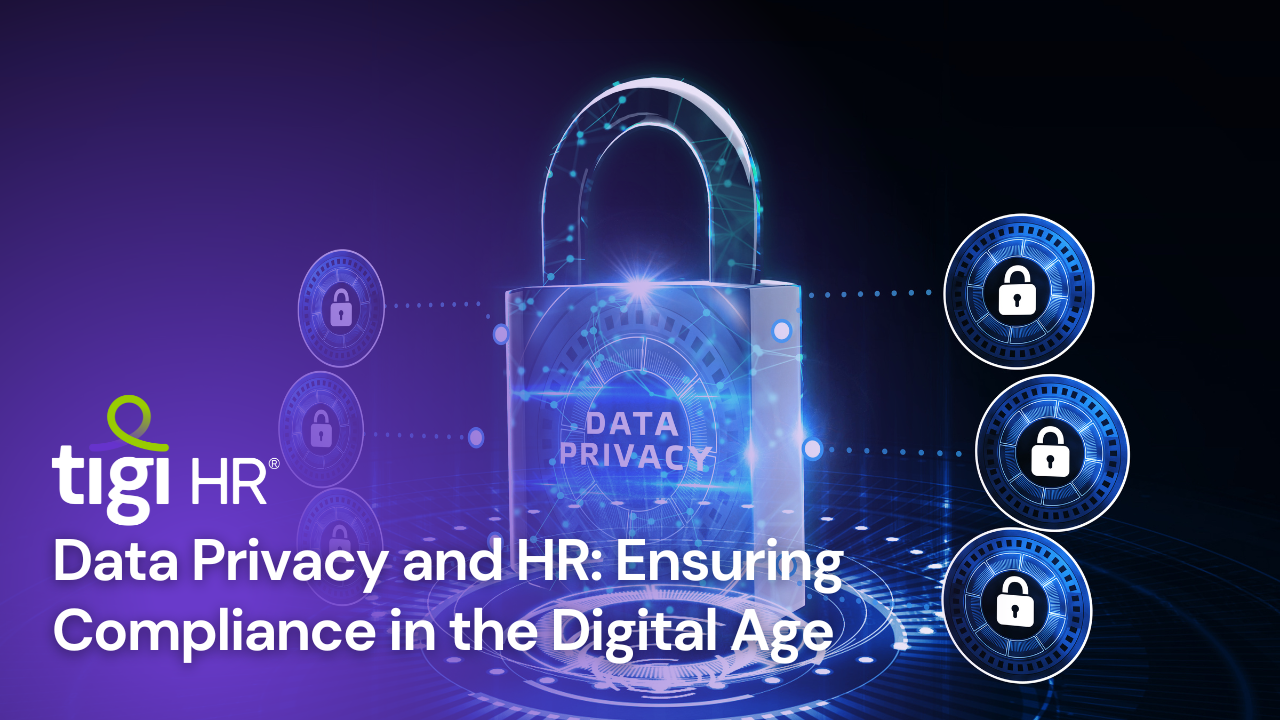HR managers are the architects of leadership success. Through tailored development plans, training programs, and continuous feedback, they identify and nurture leadership potential. This proactive approach ensures a steady leadership pipeline, reducing organizational risks during transitions.
Category: Employer
Employee Recognition Programs for Boosting Morale
Employee Recognition Programs are the secret sauce to a thriving workplace. Boost morale, increase engagement, and reduce turnover with structured recognition initiatives. Timely acknowledgments and personalized rewards go a long way in fostering job satisfaction. Don’t wait to implement these practices and witness the transformation of your company culture.
HR Challenges in Remote Work Environments
As remote work gains prominence, HR professionals face a host of challenges. Managing remote teams, maintaining engagement, and evaluating performance are among the key hurdles. Additionally, ensuring data security, fostering mental well-being, and adapting to virtual recruitment are vital. HR’s role is evolving in the digital age, and strategies for effective communication and inclusivity are imperative to overcome these obstacles and empower remote employees.
Employee Feedback Surveys Best Practices
Employee feedback surveys are the cornerstone of a thriving workplace. By following best practices like clear objectives, anonymity, and thoughtful question design, organizations can tap into valuable insights. Regular communication, acting on feedback, and appreciation of employees’ input create a culture of engagement. A feedback loop ensures that improvements are ongoing, fostering a dynamic work environment. Embrace these practices to unlock the full potential of employee feedback surveys.
Diversity and Inclusion Initiatives in HR
In the modern workplace, Diversity and Inclusion (D&I) initiatives are not optional – they’re essential for success. D&I fosters innovation, enhances employee engagement, and strengthens customer relations. To make it work, leaders must commit, employees must be trained, and inclusive policies enforced. Overcoming challenges like unconscious bias is crucial. Ultimately, D&I in HR isn’t just a trend; it’s a strategic imperative
Association of HR Professionals in Healthcare
In the dynamic realm of healthcare, HR professionals are the unsung heroes. The Association of HR Professionals in Healthcare (AHRPH) champions their vital role. From talent acquisition to fostering a positive work environment, they ensure healthcare organizations thrive. HR professionals are at the forefront of nurturing excellence, constantly adapting to new challenges and technologies, safeguarding patient care, and shaping the future of healthcare.
HR Role in Employee Wellbeing Programs
HR professionals are the architects of modern workplace wellbeing, leading initiatives to support employee health and happiness. They conduct needs assessments, design tailored programs, and allocate resources. HR fosters engagement, manages vendors, and analyzes data to continuously improve these programs. Mental health support, policy development, and ROI evaluation are also key components of their role. By recognizing HR’s vital role in employee wellbeing, organizations can foster a thriving, motivated workforce.
Employee Engagement Strategies for Small Businesses
Employee engagement is the lifeblood of small businesses. With a focus on values, growth, and recognition, small enterprises can create a vibrant workplace. By offering flexibility, involving employees in decision-making, and fostering a sense of inclusivity, these strategies empower your team to thrive. In a rapidly evolving world, small businesses can stay ahead by prioritizing their employees’ well-being and commitment.
HR’s Role in Building Resilience in Times of Crisis
Amidst crises, HR emerges as the linchpin for organizational resilience. HR’s proactive planning, clear communication, and support systems play a pivotal role in helping employees and the company adapt to adversity. This article delves into HR’s strategies for crisis management while maintaining SEO-friendly and plagiarism-free content.
Data Privacy and HR: Ensuring Compliance in the Digital Age
In the digital age, HR faces a crucial task: safeguarding employee data privacy. Complying with data protection regulations like GDPR and HIPAA is essential to avoid legal consequences and protect trust. Key steps include data inventory, consent, security measures, and regular audits. Crafting SEO-friendly content involves keyword research, engaging headlines, and quality information. To ensure plagiarism-free content, use checkers, proper citations, and paraphrasing. Prioritize data privacy in HR to maintain integrity and compliance in today’s data-driven world.


